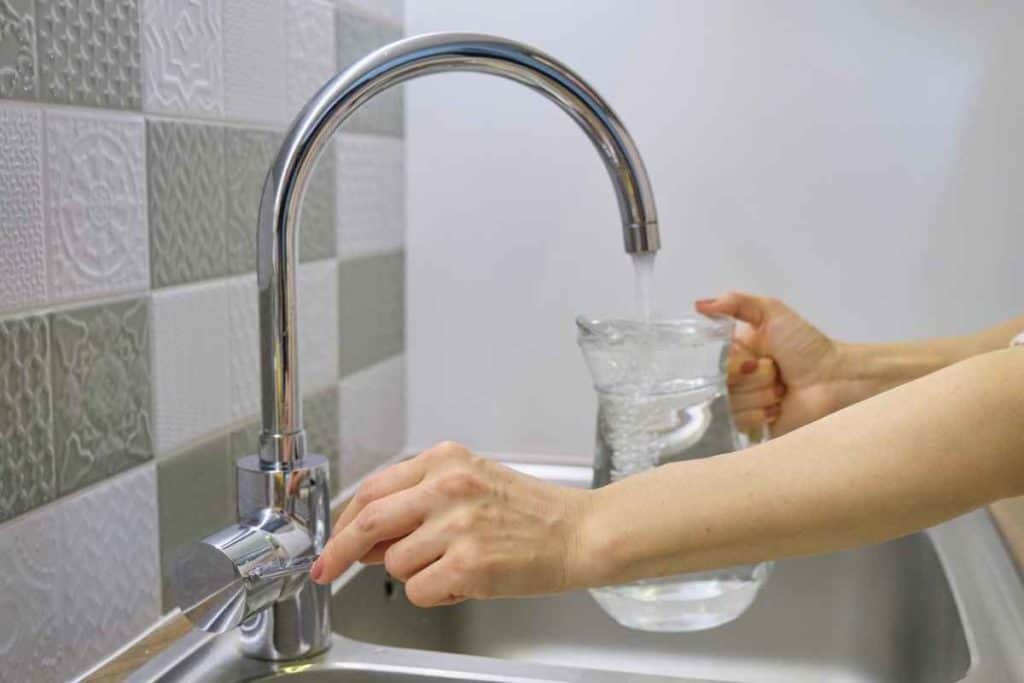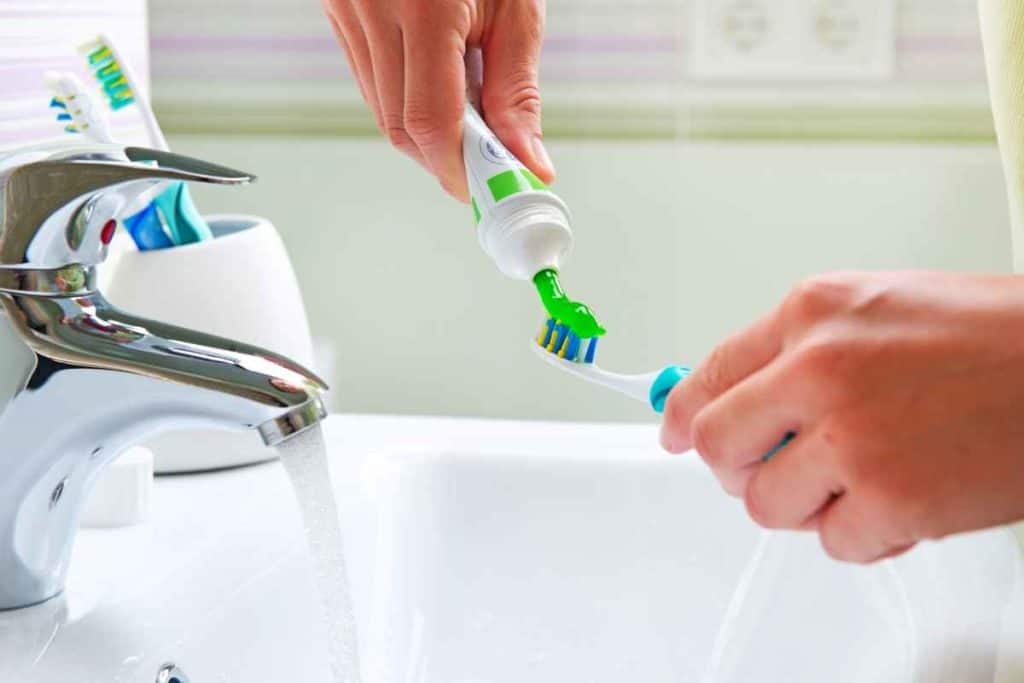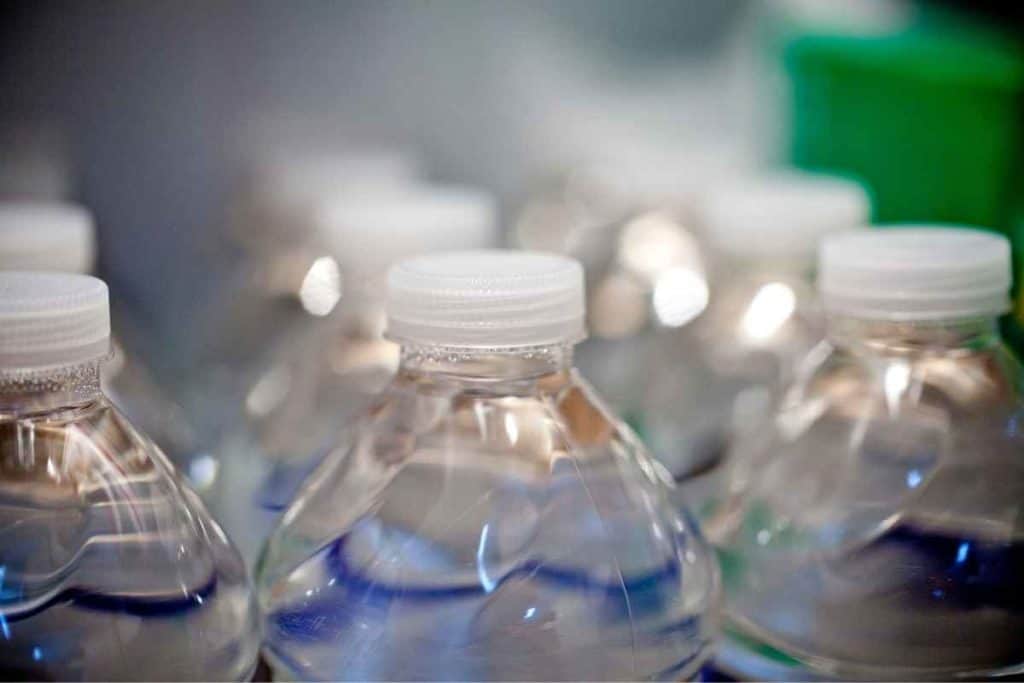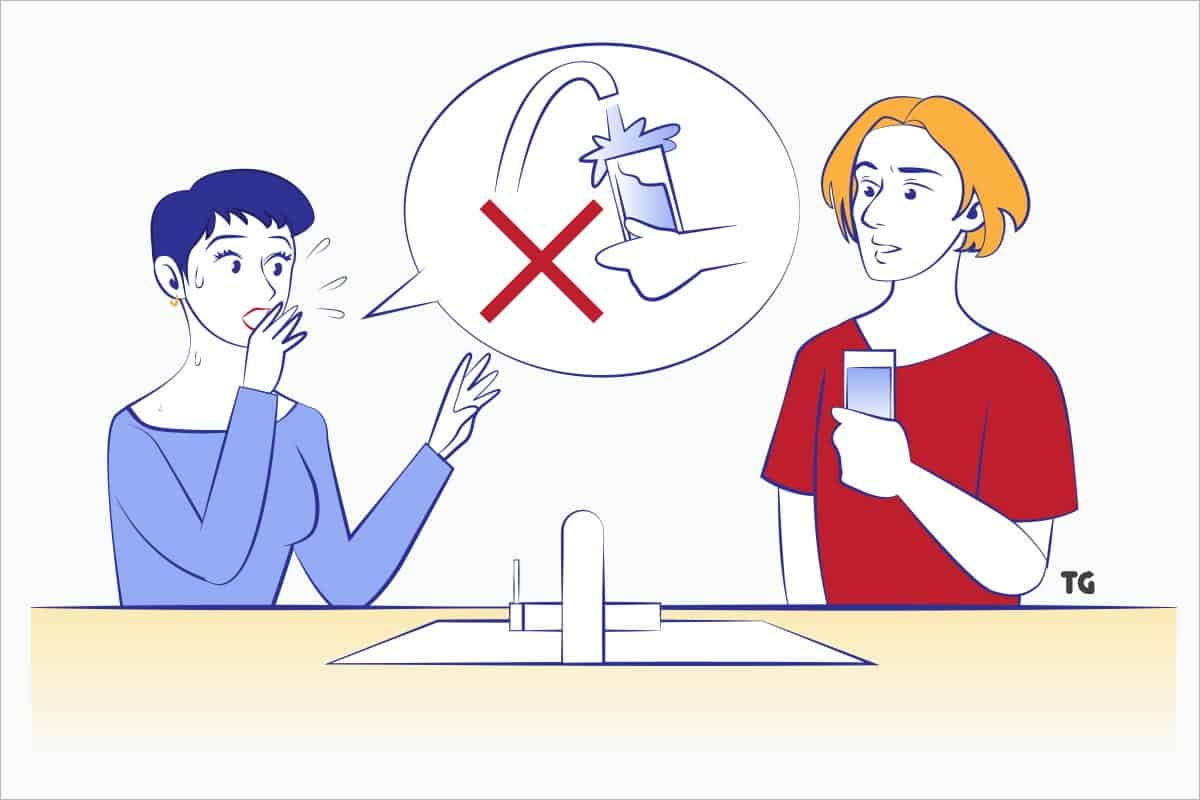Water safety is highly informative when living or visiting a country. Thailand, famously known for freshwaters, beaches, and beautiful sceneries, is also considered one of the cleanest countries in Asia. Thailand suffers from water safety, pollution, and health hazards.
Water sanitation is essential for taking care of ourselves and enjoying our dream vacations. However, this can be extremely difficult as the water is a necessity. So, the common question is, can you drink tap water in Thailand?
It is not recommended that you drink tap water in Thailand. Although water from the tap might seem clean, it actually comes through dirty water pipes and polluted waters. While most people brush their teeth using tap water, it is not the most sanitary option. It is better to resort to bottled water.
Let’s delve deeper into why drinking water from the tap may not be the best choice in Thailand. Additionally, there are many other ways the lack of clean water is causing other health concerns in the country. By looking at bottled water companies and taking care of ourselves, we can use different methods to attain a healthy lifestyle.
Can You Drink Water from the Tap in Thailand?

You should not drink water in Thailand but stick to boiled or clean water. You can find bottled water and purified ice from all stores. Tap water, according to WHO (World Health Organization) and CDC (Center for Disease Control), is safe to drink in Thailand (2). However, even if that means the water from the tap is just as safe as the one coming out from taps in London or Los Angeles, that is not precisely the case.
The water in Bangkok is unsafe as it is coming through old and broken types before entering your tap (2). For this reason, the water gets contaminated by the time it reaches your house or hotel. Keeping hydrated is extremely important. Regardless of poor tap service, hotels recommend bottled water. Additionally, people who live in Thailand are accommodated by water companies and purified monthly refills (2).
The water supply for Bangkok is known as the cleanest when compared to other countries in Asia, after Tokyo and Hong Kong. In the long run, however, there have been drug contamination and pollution incidents in the city, making the risk of health more unfortunate (2). Drinking BPH or bath salts made of baking soda and other chemicals can be deadly.
If you are a traveler hoping to travel to Thailand or enjoy the nightlife, make sure that you bring along a clean water supply. It is advisable to purchase a clean water bottle of BPH packaged water (2). It would help if you always depended on your water source in the house or kept a bottle that you could fill. Many places around Bangkok offer free water (2).
Currently, the water infrastructure is aging, and the supply or quality of water is deteriorating. With a strong smell of chlorine from tap water, it also gets rather cloudy and would need to be filtered. The three alternatives to drinking tap water are bottled water, boiled water, and filtered water (1).
Can you Brush your Teeth with Thailand’s Tap Water?

While most people brush their teeth with tap water in Thailand, it is not always the most sanitary option. Water can easily be contaminated from dirty pipes; it could be just as unhealthy to brush your teeth with that water as drinking the water. Most people say they brush their teeth with tap water and later rinse their mouth with bottled drinking water or Listerine.
Bottled Water in Thailand

The best choice for visitors living in Thailand is bottled water. Most people living in the country have prepaid plans with international and local companies that deliver water to the house. The most popular brands in the country include: (1)
- Nescafe
- Dasani
- Evian
- Fiji
- Aquafina
Where Does the Drinking Water in Thailand Come From?

The sources for drinking water for locals are surface water and groundwater sources. In Bangkok, the primary surface water is the Mae Klong River and Chao Phraya River (2). Moreover, the largest groundwater source is the Lower Central plain that surrounds Bangkok. To serve freshwater in the region, The Metropolitan Waterworks Authority started operations in 1967 (2).
The process is straightforward. The raw water pumped through stations passes through the influent channel to the clarification section, making the water quality better, which activates the sedimentation efficiency. Moreover, chlorine is also added to stop the growth of algae (2).
Bangkok Water Safety

One of the biggest concerns in Bangkok is water safety. Commonly, people get sick when visiting Thailand for vacation, especially since there is such a large population (2). Bangkok’s water sources are very polluted, making it unsafe for people to swim. For this reason, people wear protective masks when taking a dip into the pool or check the level of pollution in the reservoir where they are staying (2).
Traveler’s Diarrhea

Thailand is a high-risk destination when it comes to water illness. Alongside drinking water, you have to be careful about swimming in it. Traveler’s diarrhea is a common problem caused by several various organisms. It is the result of many factors, including the host and the treatment of water resources and different tourist destinations (3).
The food, age, alcohol, and stress of traveling to a goal can also result in a traveler’s illness. However, the main symptoms are described for lasting at least 3-4 days and can bring bloody stools, nausea, and vomiting (3).
When it comes to an illness such as diarrhea, it can be hard to avoid, especially when visiting a hot country like Thailand for the holidays. It is estimated that around 20-60% of travelers experience diarrhea on their vacation, usually in places with poor sanitation and where it is not advised to drink tap water or use it for cleaning teeth (3). In Thailand, you will find that most people drink bottled water with the fear that the water in cities like Bangkok is still unsanitary.
According to the Metropolitan Waterworks Authority in Bangkok, they follow the World Health Organization standards for providing safe drinking water in the city. However, public areas such as swimming pools can also be another source of contamination and the reason for travelers’ diarrhea (3).
What Issues Can Thailand Tap Water Cause?
- Cholera: Cholera can be transmitted through food and water. In Thailand, travelers are at low risk of getting cholera. However, if you travel to risky areas, it is better to stay cautious of the water you drink and make sure you get a cholera vaccine (3).
- Schistosomiasis: This is another infection that has been reported in Thailand once before. However, WHO (World Health Organization) says that it is pretty risky for travelers to catch this disease. It mostly comes from a parasite called Larvae, which is released from freshwater snails in rivers and lakes (3). The larva penetrates the healthy skin and results in schistosomiasis. Moreover, you can be exposed to the disease from bathing, swimming in rivers and lakes, and washing clothes in streams. To avoid this, you should use insect repellent before exposure to water (3).
Conclusion
All in all, tap water is not the safest option in Thailand. It is better to go for other methods to stay hydrated and healthy. Several international and local water companies offer purified options to keep you fit on your trip.
Whatsmore, there are tips and ways to avoid getting sick from water contamination. By looking at a long history of water reservoirs and the diseases that can come through them, it is safe to say that tap water is not the cleanest. It would help if you stuck to clean bottled water when drinking and brushing your teeth!
Like always, if you want to discover more about Thailand, stay guided with ThaiGuider. You might learn something you never knew about this unique country.
References
1. “Can You Drink the Water in Thailand?” Ramblingj, 30 Oct. 2021, ramblingj.com/can-you-drink-the-water-in-thailand/.
2. Drew. “Is Bangkok Tap Water Safe to Drink?” Tap Safe, 28 Dec. 2021, www.tapsafe.org/bangkok-tap-water/.
3. “Homepage.” AXA Health, www.axahealth.co.uk/health-information/wellbeing/water-safety-in-thailand/.
THINKING ABOUT A TRIP TO THAILAND?
I am working on a FREE Thailand Travel Guide with a FULL 7 Day Itinerary. Be the first to receive it!
Thank you for signing up.
Something went wrong.
